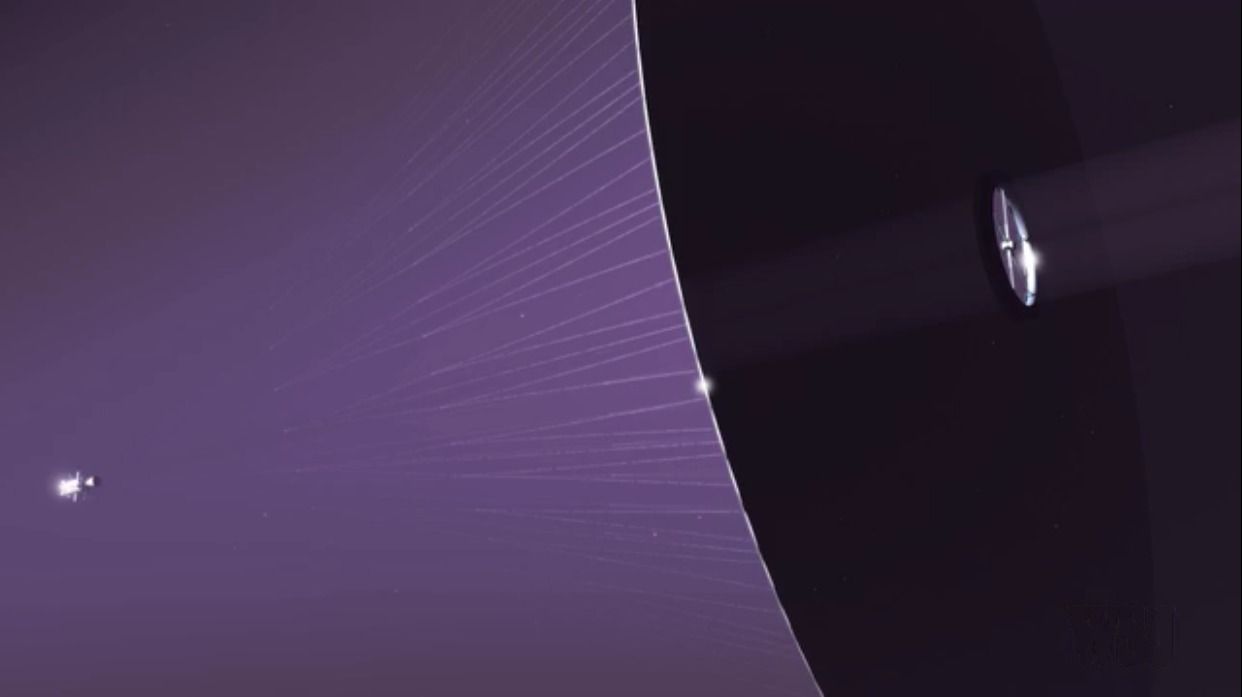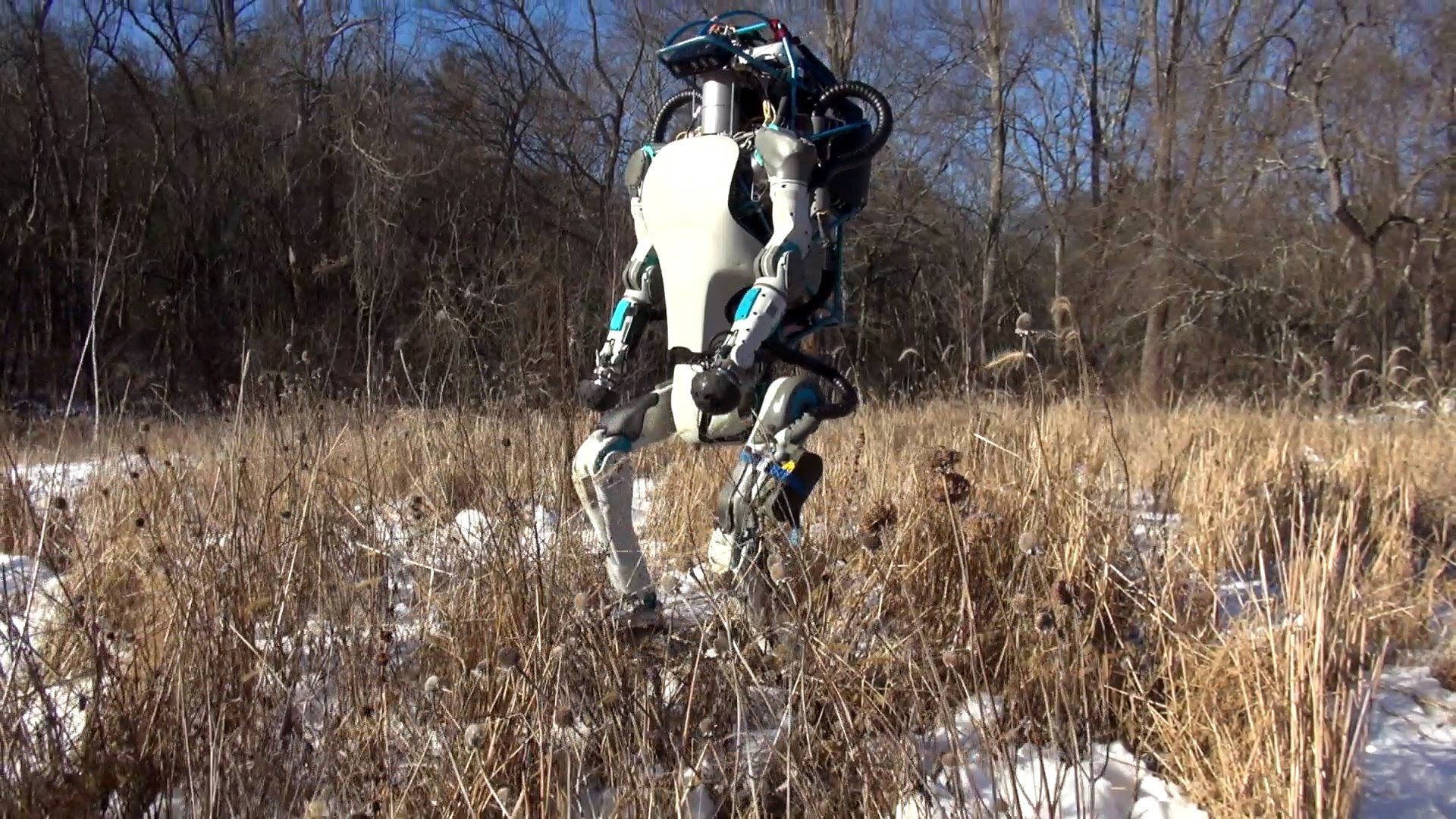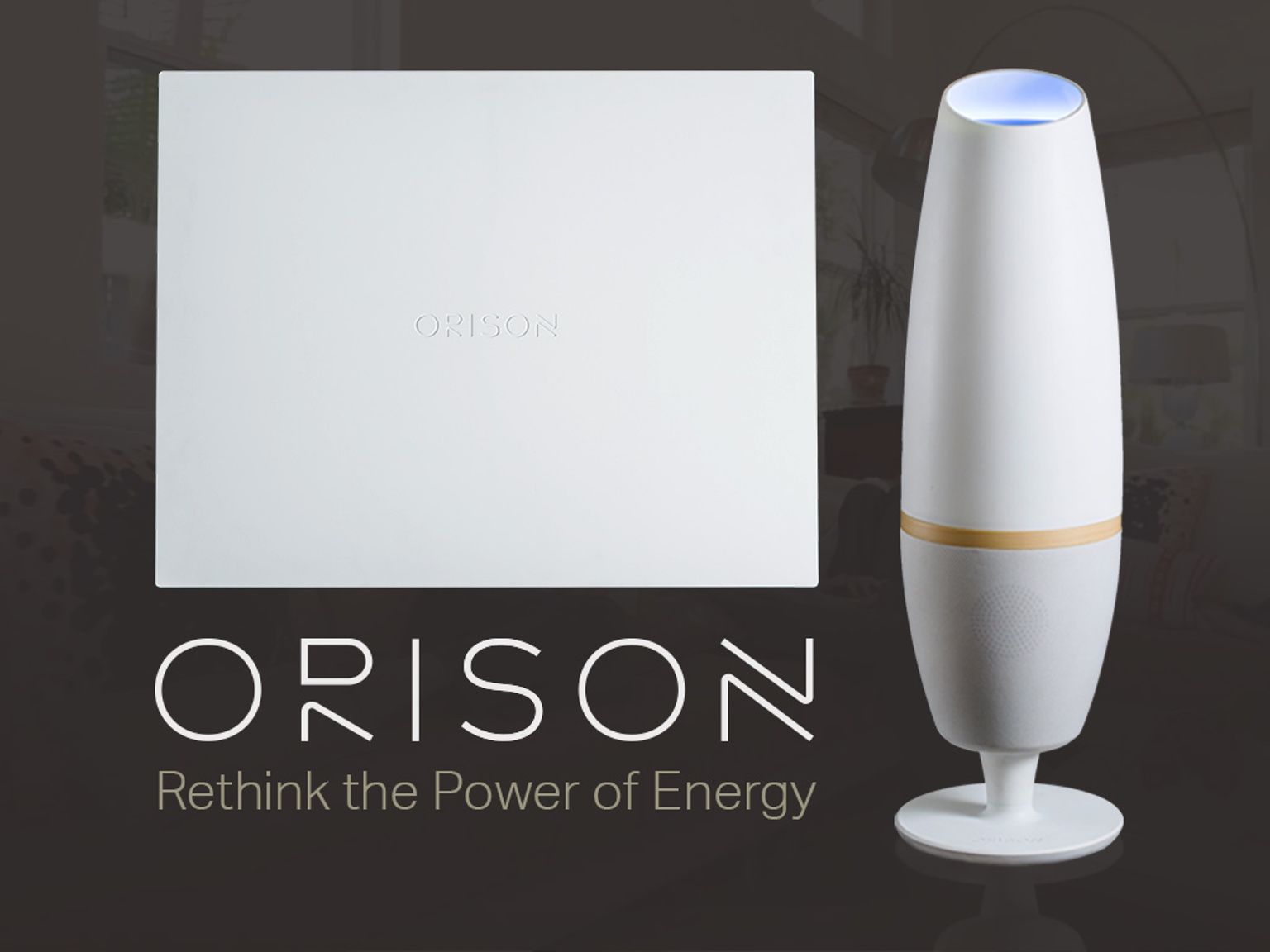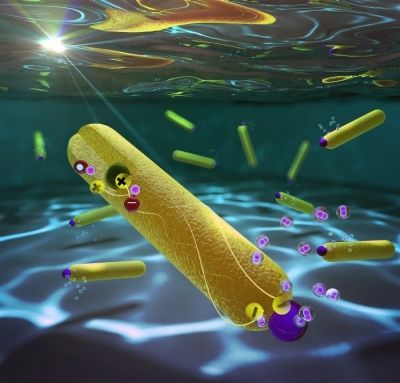Feb 26, 2016
ATR 72 prototype tests all-electrical energy management system
Posted by Karen Hurst in categories: electronics, energy, materials, transportation
European turboprop aircraft manufacturer ATR said a prototype ATR 72 conducted a demonstration flight to test an all-electrical energy management system that aims to optimize electrical power distribution.
The flight is the second the ATR 72 demonstration aircraft has flown as part of the European Union’s “Clean Sky Joint Undertaking” program. The first test flight by the ATR 72 prototype, conducted in July 2015, trialed “new and more effective composite insulation materials and new vibro-acoustic sensors integrated into a large panel of the ATR aircraft fuselage,” ATR said in a statement.
The manufacturer said the two demonstration flights “also tested new generation optical fibers for improved identification of micro-cracks and easier maintenance.”
Continue reading “ATR 72 prototype tests all-electrical energy management system” »


















